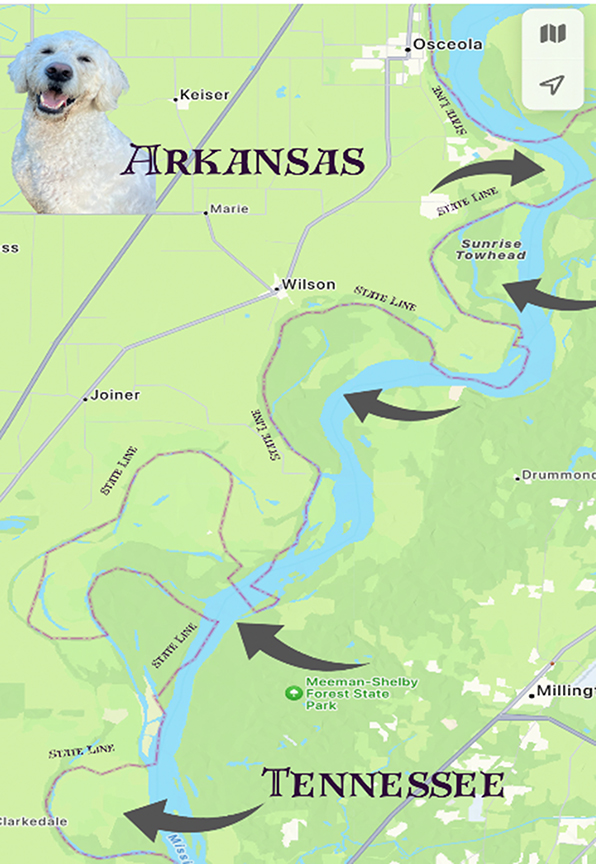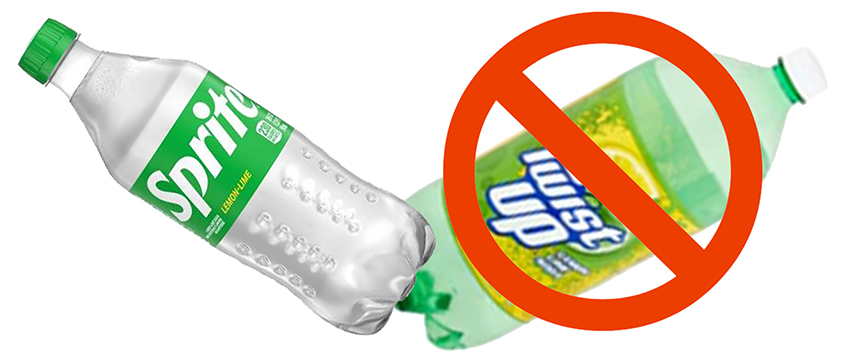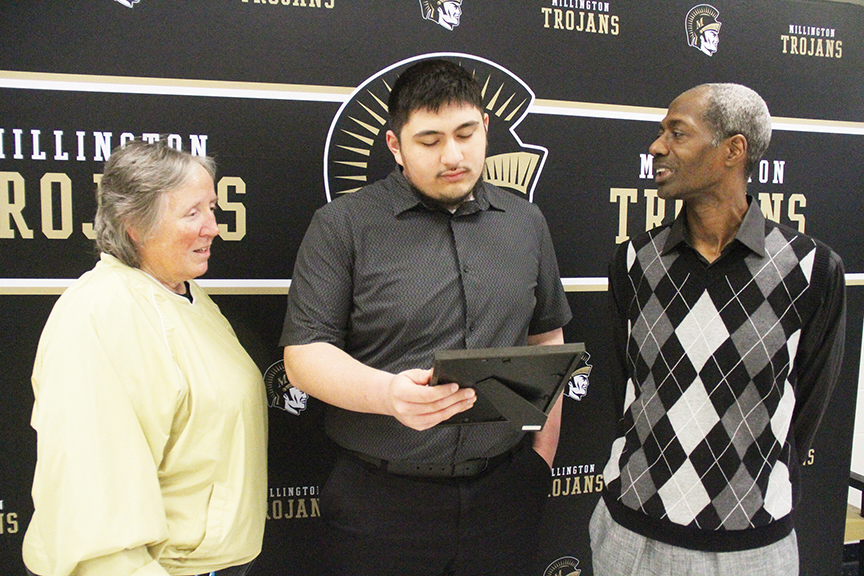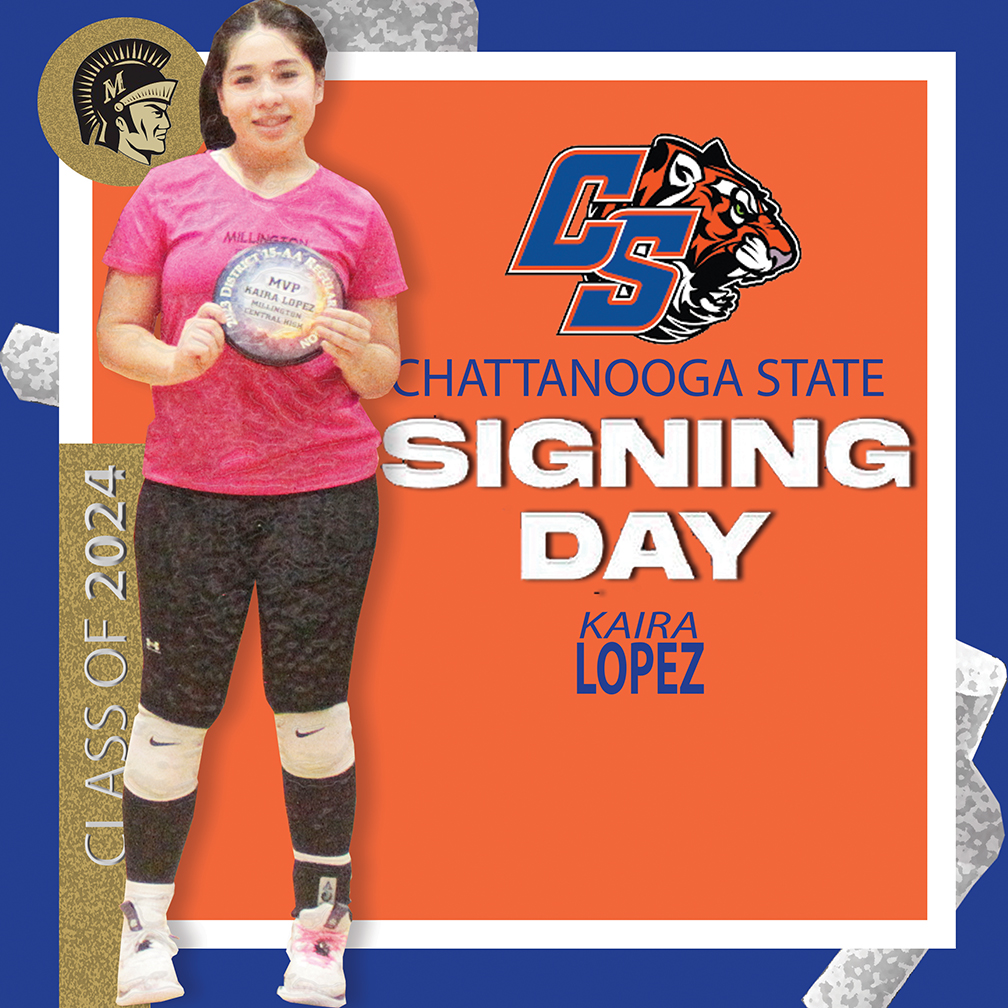
David Peel
Don’t allow Insurance companies to rush you to settle after an injury crash. Recently, I have had folks tell me that they were initially offered $1000 or $2000 for “pain and suffering” just days after an impact. They later needed extensive treatment. One had not even been to the doctor yet.
When I teach on making good decisions, the most common thing you’ll hear me say is not to be in a hurry. When you are slow to make a decision, and you seek counsel, pray and ask a lot of questions, you are pretty hard to rip off.
It is urgency that is at the core of almost all bad decisions. Urgency fools your brain into thinking that there’s only two options: “win or lose” and the decision has to be made right then!
In fact, if someone is offering you what is truly a good deal, they would encourage you to ask others, seek legal counsel, and do your research because it would reinforce that it is a good deal.
Here are a few more tips:
1. Seek medical care. Self-diagnosis is a dangerous thing. Realize that while most aches and pains go away on their own in a matter of days, any delay in seeking at least an evaluation will be painted not to make you look brave and stoic—but conniving.
2. Be sure you understand the property damage offers.
3. Remember any car seat that’s been in an accident should never be used again and should be replaced.
4. Don’t hesitate to see a specialist. A good general practitioner is likely to give you muscle relaxers, pain pills, or a steroid pack and tell you to come back in a couple weeks if it’s not better. And if you do that, he or she is quite likely to then send you to an orthopedic specialist. You can go directly to an orthopedic specialist at any point if you wish and it may save you a step or two and some money. Believe me your family doctor is quite busy already.
5. Never assume that when the ER says the “x-rays look good” that means you are not hurt. Remember x-rays only show the shadows of bones thrown on to film. They do not show many types of injuries.
6. Numbness and tingling are signs that need to be investigated more fully.
7. Be careful giving statements. Insurance companies are like any other industry, they have some good folks working for them and some bad. The bad ones are pretty skilled at getting you to say something that hurts you later on. Because you don’t know what they’re shooting for, you’re not a very good judge of what you should say.
8. If you’re unsure as to whether you need to speak to an attorney, remember that good injury attorneys offer free consultations.
Peel seeks justice for those injured in tractor trailer and car accidents, medical malpractice, and disability. He often addresses churches, clubs and groups without charge. Peel may be reached through PeelLawFirm.com wherein other articles may be accessed.






